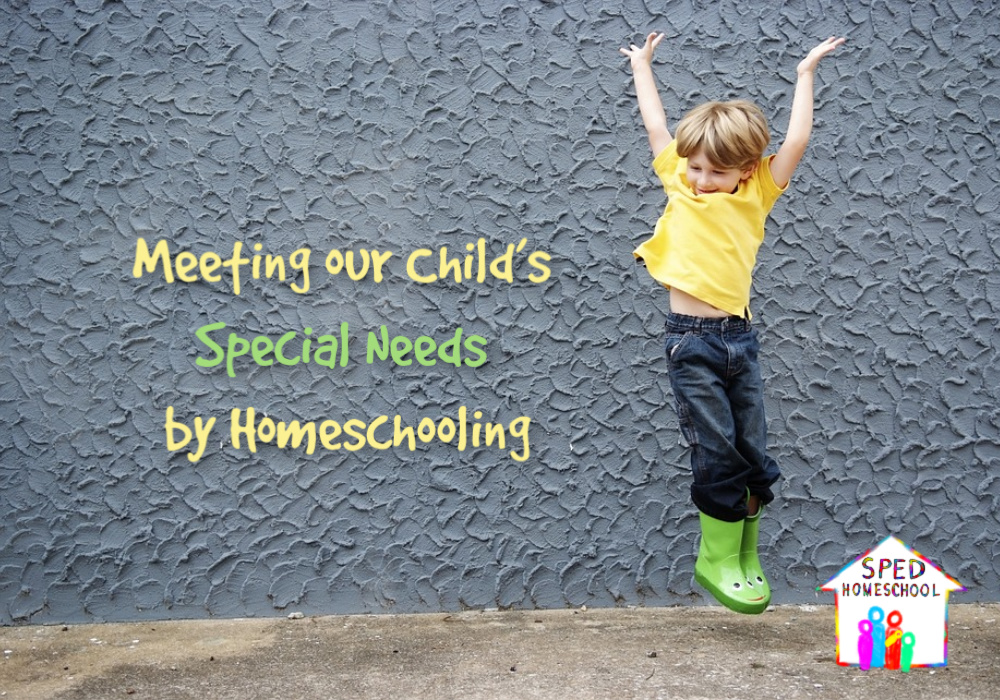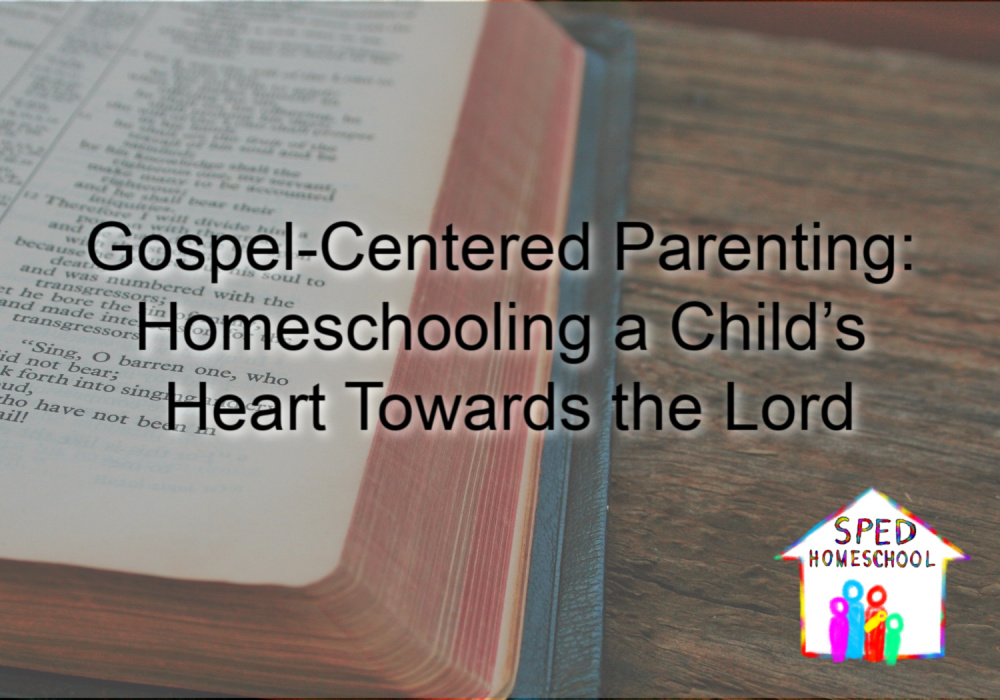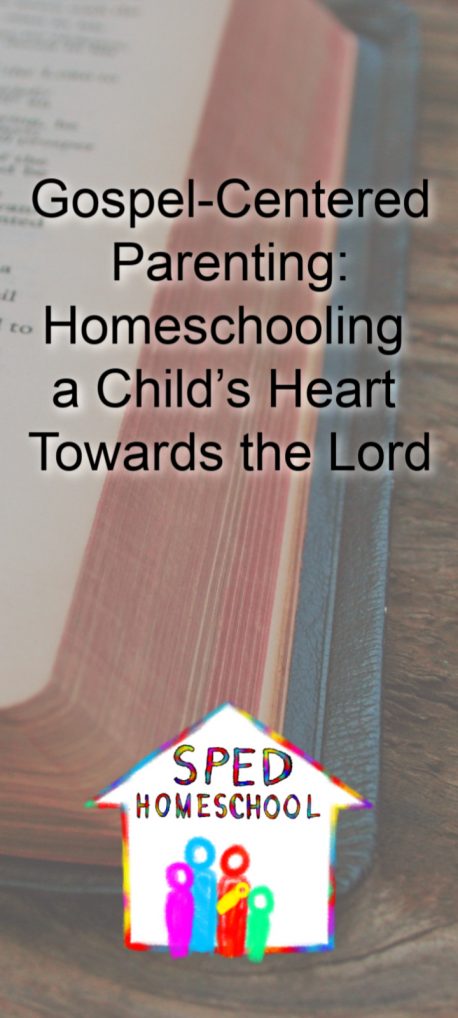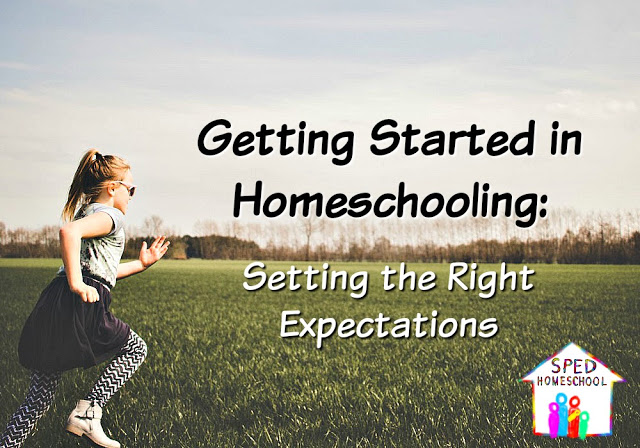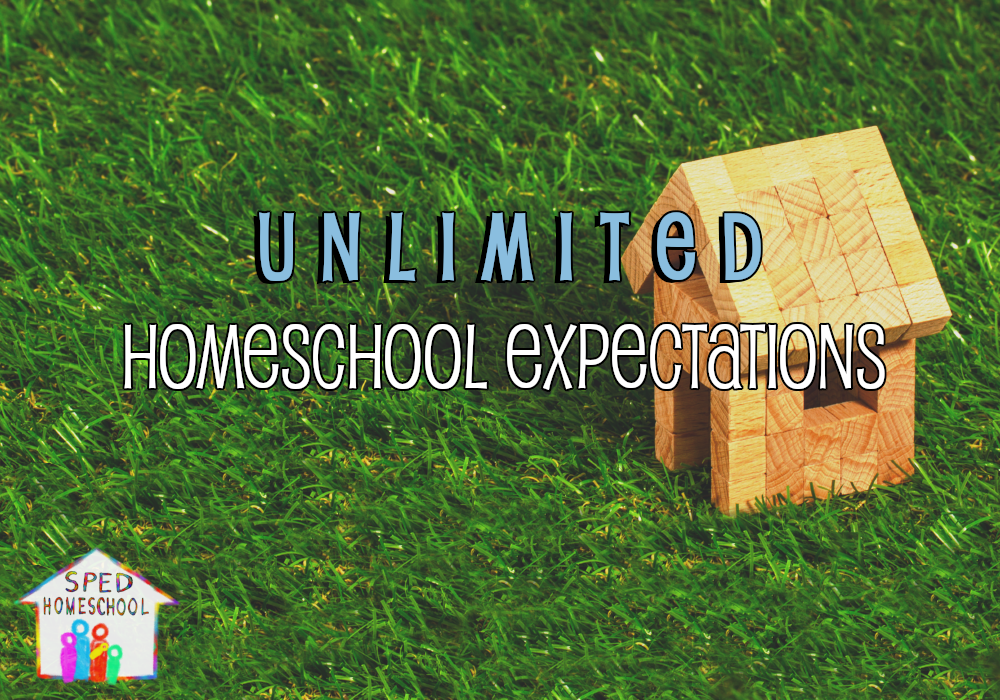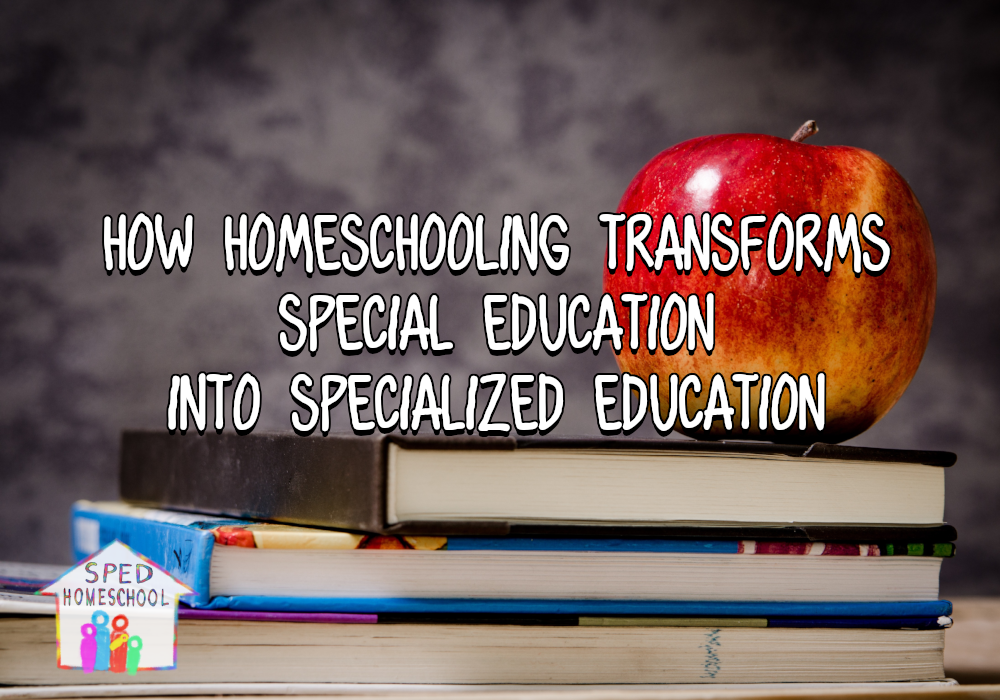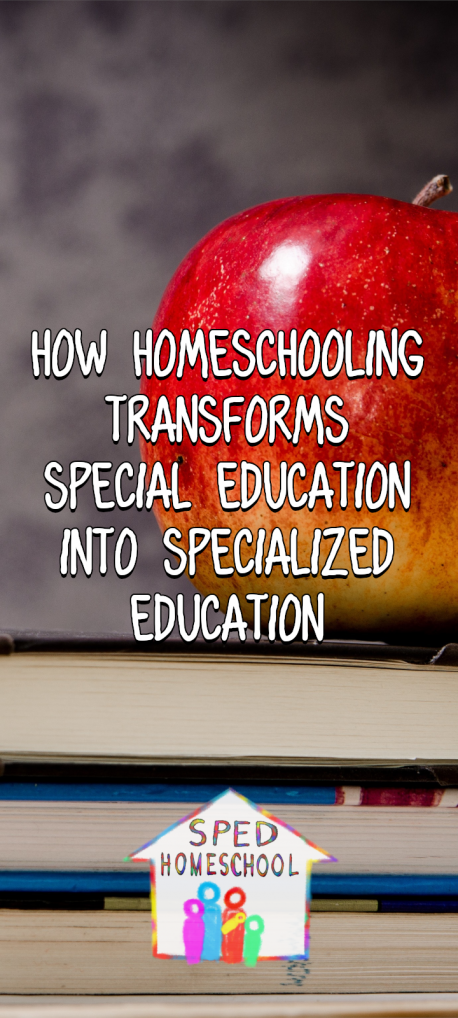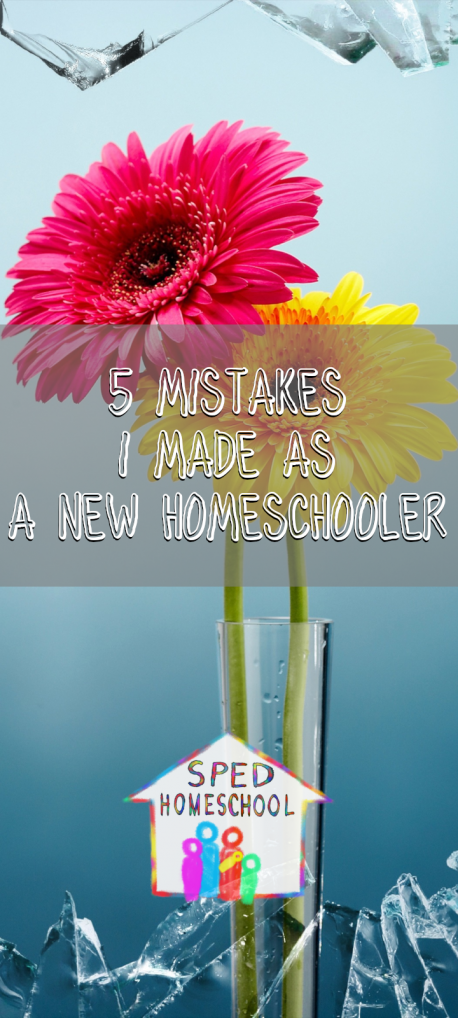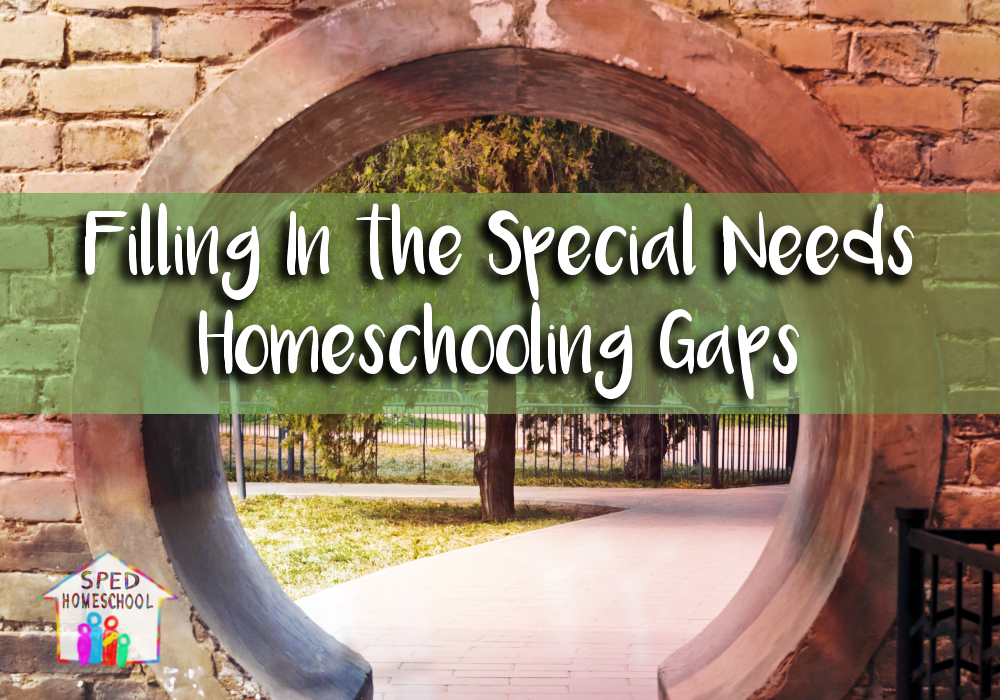
SPED Homeschool Team
Just as in life, special education homeschooling comes with its own set of highs and lows, peaks and valleys. These may look different for each of us, but the journey teaches us important lessons with each new challenge. In this post, our SPEDHomeschool Team Members share the peaks and valleys they have faced in their journey of homeschooling special needs and what they have learned from those hard moments.
Amy Vickrey
This year has been a big valley in our lives in general. However, life affects how our children learn. One year ago, I became a single mom. The details aren’t important. What is important is that my kids looked to me this year to see how I would react, to learn real-life lessons in love, faith, and trust. I have worked every day to show love, thankfulness, and strength. I want my boys to grow up to know that women should be strong, a part of a team, and you should stand up for what is right. These life lessons have been ever-present this past year. Many people encouraged me to put my boys back in school, but I saw the need they had to be close and seek comfort and shelter when things were tough. This year, homeschooling has been our peace, our solace when things were tough and we needed something “normal.” It has allowed us to escape into field trips and fun activities when needed, and discover a bond between my boys, my parents, and I that would not be there without the time and love we have shared. I built a team of family members, therapists and doctors to help us navigate this difficult year, work through regressions that occurred, and continue to moving forward.
During all of the turmoil of our daily life, my oldest son also struggled with vision issues. Diagnosed with amblyopia last year, he began with 20/250 vision in his left eye – the legal limit for “blindness” being 20/200. He made quick progress with glasses, but could not tolerate the patches due to sensory issues. So we dilated his good eye. Which means he could see even less. Through it all, he showed amazing strength and determination. He continued to progress in reading and math. While his handwriting has suffered some, we are now getting back on track with the help of an amazing team of Occupational Therapists.
The bottom line is, I know this is just one valley. It has been a tough year. And yet, I have seen so much blessing come out of it. My oldest still showed academic growth, my youngest (3-year-old) is now receiving needed services and has potty trained (no more diapers – yeah!). Despite all the hardship, we are a close-knit family and have found a deeper love for each other and for God. Through all the difficult times, I could look back and see the hand of God protecting us and guiding us through. Because of His guidance, I know we can get through anything together. Homeschooling has allowed us the ability to navigate this last year in a way that has blessed us tremendously.
“I will trust and not be afraid; for the LORD GOD is my strength.” Isaiah 12:2.
Dawn Spence
Homeschooling can be overwhelming especially when you add on atypical learners. My valley—and something that I have had to rise above—is thoughts of inadequacy. I am a very type-A person who expects a lot of myself, which can be good sometimes or self-defeating at other times. I taught public school for 10 years, and in that environment, you are judged on your students’ success. So my worth as a teacher was measured by scores. When I became a homeschool mom, I had to fight against this way of thinking and allow myself the freedom to teach my children without judging myself. It was hard, and I often beat myself up when my kids were not meeting goals. But then I had to realize that my kids’ learning is about mastery and growth; I had to allow myself grace.
My peak is watching my children grow at their pace in their way. I love getting to know my children’s strengths and watch them bloom. I love to see them have those moments when the lightbulb comes on because they get a concept or lesson. I love that my kids are not compared to anyone and are taught as individuals. That is what I wanted to do as a teacher, and I’m so blessed that I get to live that out with my best students, my children.
“It’s when I realized that [my son’s] best was all I could expect, and that was good enough. This is the highest peak! This is where freedom is!”
Cammie Arn
As a veteran homeschool mom with 20+ years experience and still in the trenches with my youngest who is 4, the one thing that I have learned is to not sweat the small stuff. There is freedom is not comparing our children to others; however, we also need to have the confidence to trust that we ARE doing what is best for our children.
My difficult valleys in my homeschool came when I lacked the confidence in my ability to teach. It had nothing to do with curriculum or my child’s performance. It had much more to do with the ugly monster of fear. Could I do more? Is this enough? Should I do this better? It’s a slippery slope of despair. The darkest valley.
However, once I realized that my best was all that was needed, that is when freedom came. That’s when I discovered that is was OK that my son only wanted to read the Bible and that he didn’t want to read Shakespeare or do Latin. It’s when I realized that his best was all I could expect, and that was good enough. This is the highest peak! This is where freedom is!
Peggy Ployhar
Since our homeschooling journey started in such a large valley there was no way except up for us to go from there.
Our introduction into homeschooling was anything but easy since it started with an autism diagnosis, my son’s private school not having any options available that were workable for him, our public school wanting to only focus on his behavioral and reading issues instead of his depression, social anxiety and academic giftedness in math and science, and my own personal depression and anger issues. We were nowhere close to being a family chosen as most-likely to homeschool, especially successfully. But it was the only choice we had, and so we followed the peace God gave us above the nay-sayers of the world and dove headfirst into the adventure.
Now 17 years later, I know without a doubt that the valley God took our family into, to twist our arm to start homeschooling, was the turning point that has led us to the many peaks of success we have seen over the years with our children. I could go on and on about the peaks in my children’s homeschool careers as well as the peaks I too have experienced as I have allowed God to change me as their mother and teacher, but there is one peak that rises above the rest. Just last month I wrote an article called The Greater Benefit of Homeschooling, where I highlight this greatest peak we reach in our homeschooling. And, it is a peak we all can reach no matter what academic potential our children have. It is scaled not by the places we take our children, the lessons they learn from us, or even the skills they develop. Instead, the pinnacle success of homeschooling is the strong bond we have the opportunity to develop with our children.
I am truly blessed to have such amazing relationships with my children and each day as we converse and continue to walk the road of life together, we just keep scaling higher and higher on this great mountain that allows me to keep speaking truth, wisdom, and love into the places in my children’s lives that need to be spoken into. Meanwhile, the lies of the world have less impact as they shout out from the distant valleys down below.
Rewards of the Journey
Creating a place of support, giving ourselves room to grow, strengthening bonds with our children—the lessons we learn in our valleys are what propel us to our peaks. The special education homeschooling journey is not without its challenges, but the rewards are well worth it!


